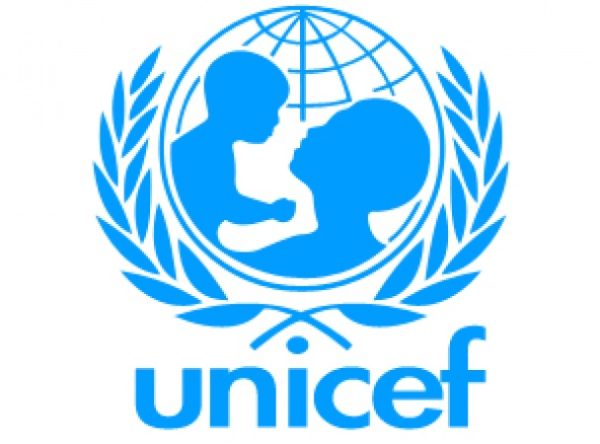The United Nations Children’s Fund (UNICEF) has called for the adoption of Citywide Inclusive Sanitation (CWIS) as a sustainable strategy to achieve universal access to safe sanitation in Nigeria.
Mr. Monday Johnson, Water, Sanitation, and Hygiene (WASH) Specialist at UNICEF’s Lagos Field Office, made the call on Wednesday during a two-day media dialogue in Ilaji town, Oyo State, aimed at improving urban sanitation in the country.
The workshop, organized by the Oyo State Ministry of Information in collaboration with UNICEF, sought to equip media professionals with the knowledge and skills to advocate effectively for WASH services. Participants came from the six Southwest states and Edo.
Johnson explained that an inclusive sanitation strategy would protect public health while unlocking the economic benefits of waste management in urban areas.
He highlighted the flexibility of the CWIS model, noting that it can be adapted to different settlement types, from high-income areas to informal communities.
“You cannot apply the same sanitation solution for high-income and low-income settlements,” Johnson said. “CWIS defines the type of facilities appropriate for each area, ensuring that everyone, rich or poor, has safe and affordable access to sanitation.”
According to Johnson, CWIS also strengthens governance and accountability by clearly defining the roles of each agency and establishing regulatory frameworks to monitor private sector participation.
He urged governments at all levels to adopt and fund the strategy, emphasizing its multiple benefits.
“The CWIS approach, already implemented in some developing countries, guarantees sanitation access for all urban residents while promoting health, environmental protection, economic growth, and gender equity,” he said.
Johnson added that CWIS aligns with Sustainable Development Goal 6 (SDG 6), which aims for the availability and sustainable management of water and sanitation for all.
He acknowledged that Nigeria’s slow progress in sanitation stems from weak institutional capacity, inadequate human resource development, and poor urban sanitation data.
“We are not moving very fast because there are significant institutional and human resource gaps,” he said. “More people need to be trained on urban sanitation management, and institutions need strengthening. Reliable urban sanitation data is lacking, and without it, planning becomes difficult. Governments must use evidence to reform policies and reconstruct strategies.”
Johnson concluded by emphasizing that sanitation is not just a health issue but also an economic opportunity if managed effectively through the sanitation value chain.


